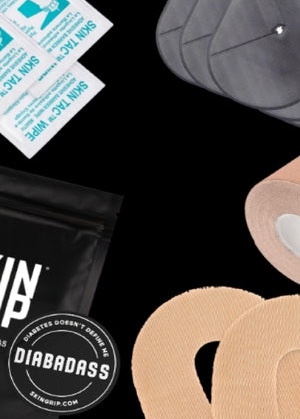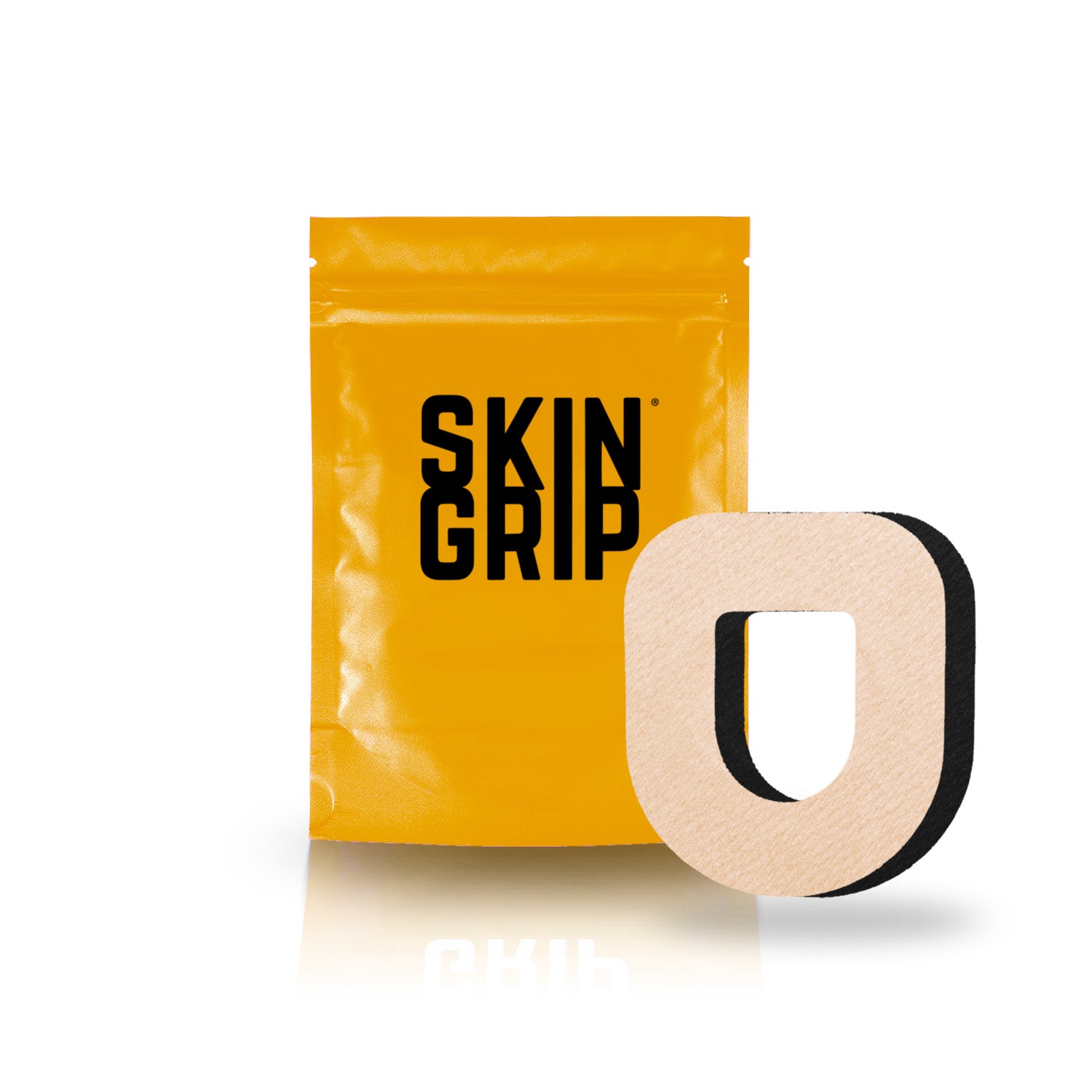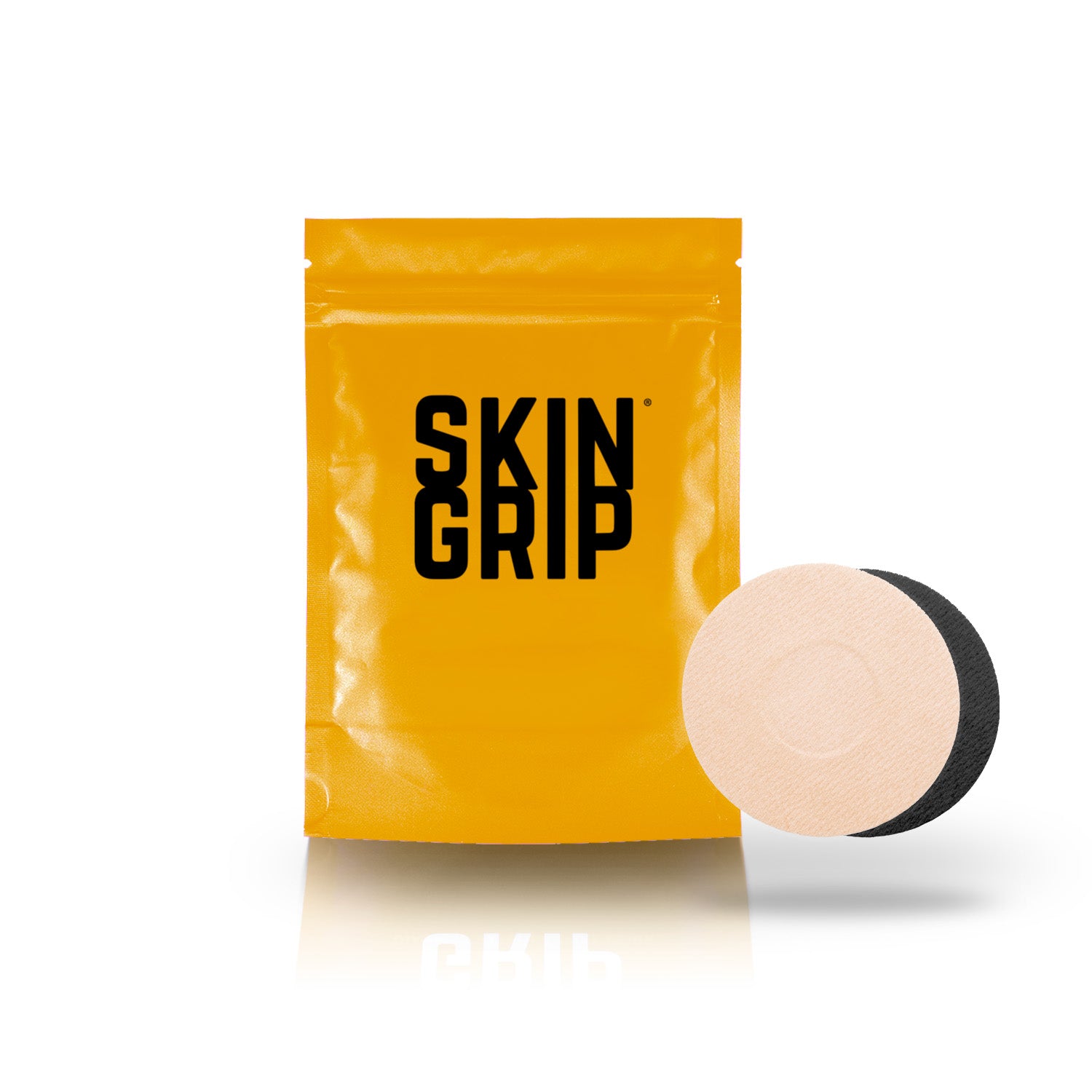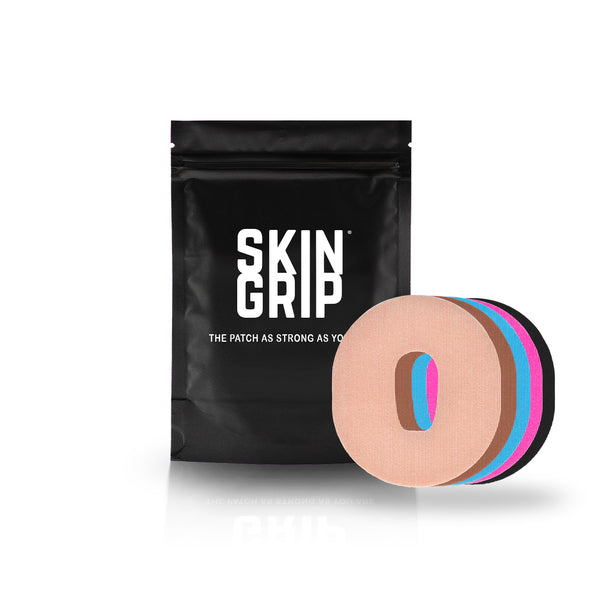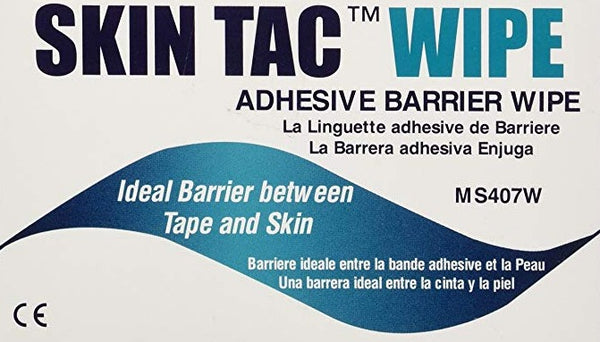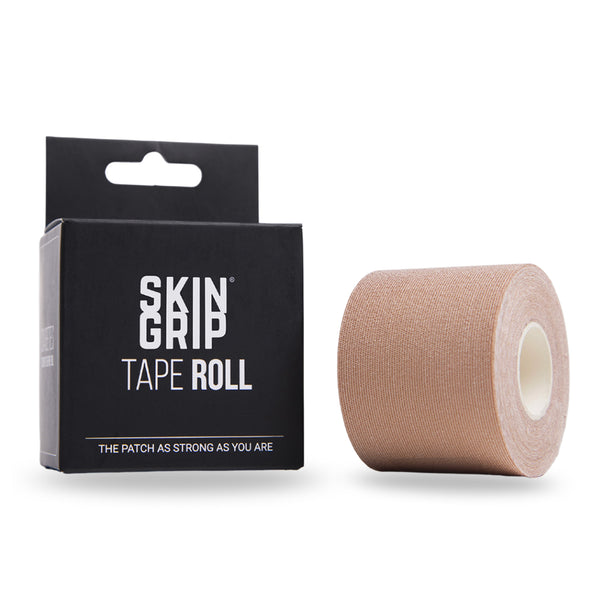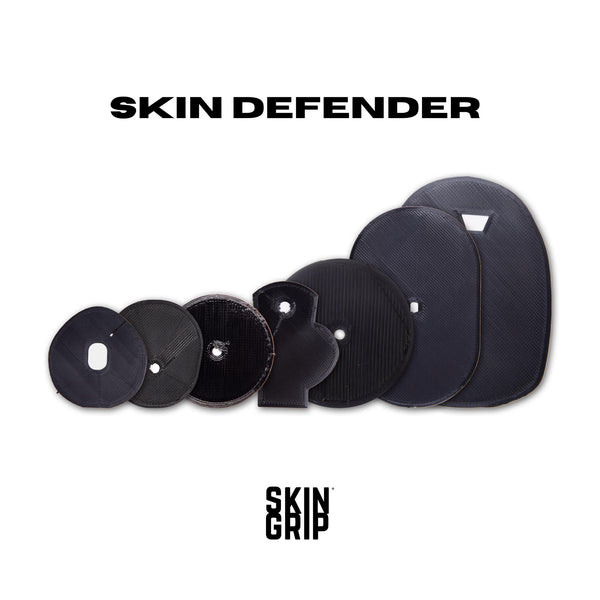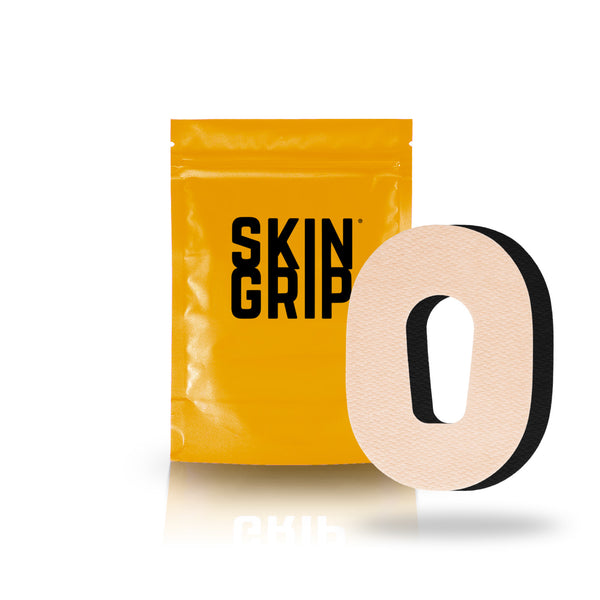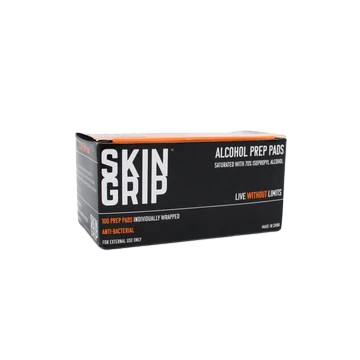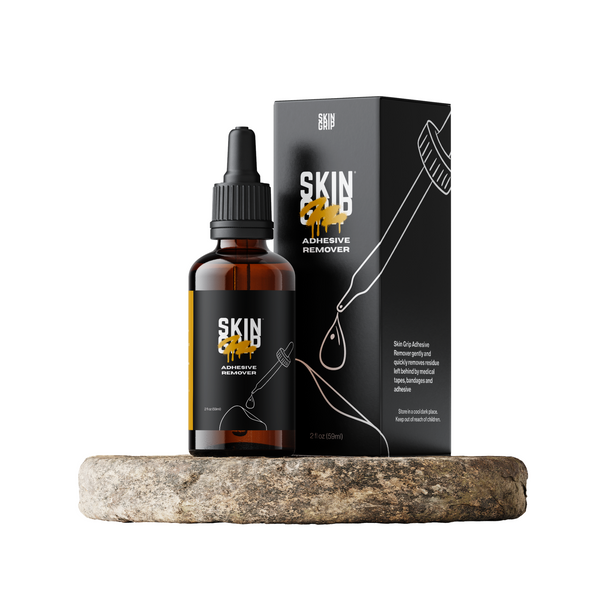*Disclaimer: all content in this blog post is for informational and educational purposes only.

Living with diabetes can be challenging, but advances in technology have made it easier for individuals to manage their condition. One such device that has gained popularity in recent years is the Dexcom G6 continuous glucose monitoring (CGM) system. This device allows users to monitor their glucose levels in real-time, giving them greater control over their diabetes management. However, a common concern among new Dexcom G6 users is the safety and reliability of wearing the device while showering. In this blog, we will explore the safety precautions needed when showering with Dexcom G6 and provide tips to help you protect your device while ensuring accurate glucose readings.
Is Dexcom G6 Waterproof?
Dexcom G6 has three parts: a sensor, transmitter and receiver (1). When properly installed, the Dexcom G6 sensor and transmitter can withstand exposure to water, making it safe for users to wear their device while showering, swimming, or engaging in other water-related activities. However, it's important to note that the sensor's water resistance is dependent on the proper installation of the transmitter. If the transmitter is not installed correctly, water can seep into the sensor and cause it to malfunction. Therefore, it's essential to follow the manufacturer's guidelines when inserting the device to ensure its proper functioning.
On the other hand, the Dexcom G6 receiver is not water-resistant or waterproof and should be kept away from moisture. This means that users need to take extra precautions to protect the receiver when showering or participating in water activities. Keeping the receiver in a safe, dry place or using a waterproof case can help to prevent damage and ensure that the device continues to function properly. If the receiver does get wet, it's important to dry it thoroughly and inspect it for any signs of damage before using it again. If the receiver has been water-damaged, users are encouraged to contact Dexcom customer service for assistance(1).

Can you Wear the Dexcom G6 in the Shower or Hot Tub?
Dexcom G6 is a valuable tool for individuals with diabetes, providing real-time glucose readings and allowing for continuous monitoring of blood sugar levels. The device’s water-resistant qualities make it convenient for everyday wear, including during activities like showering or soaking in a hot tub. However, it is important to note that exposure to high temperatures above 109 degrees Fahrenheit is not recommended (2).
Prolonged exposure to high temperatures may impact the accuracy of the device by causing changes in the interstitial fluid, leading to false high or low readings. Prolonged exposure may also weaken the adhesive of the sensor, leading to loss of signal or need for early replacement of the device. Dexcom G6 users should take necessary precautions and limit exposure to extreme water temperatures to ensure accurate glucose readings and longevity of their sensor.
Accuracy of Dexcom G6 When Wearing it in Showers and Hot Tubs
There are several ways in which the accuracy of the Dexcom G6 can be impacted when showering or using a hot tub. One of the most significant factors is changes in interstitial fluid glucose levels. Exposure to high temperatures can cause blood vessels to dilate, which can increase the amount of interstitial fluid present and dilute glucose concentrations. This can lead to falsely low readings in some cases. On the other hand, excessive sweating and dehydration caused by the heat can increase glucose concentrations in interstitial fluid and lead to falsely elevated glucose readings. This is particularly true in hot and humid environments, such as a sauna, wet room, or hot tub.
Another way in which Dexcom accuracy can be impacted is through the device itself. High temperatures may cause device malfunctions or failures, which can lead to a loss of signal altogether. Prolonged exposure to heat can also impact the adhesive performance of the CGM sensor. The adhesive may become weakened, which can cause the sensor to fall or become dislodged, leading to a loss of signal.

Ways to Wear Dexcom G6 in Showers and Hot Tubs
If you plan to use your Dexcom G6 while in a shower or hot tub, it's essential to take measures to ensure the device's proper functioning and accuracy. Thankfully, there are several options available to ensure that you can receive timely alerts and maintain accurate readings while in the water.
Dexcom G6 in the Shower
The Dexcom G6 device is designed to be water-resistant, allowing users to wear it while showering without causing damage to the device. However, it is important to take precautions during showering to ensure the device remains secure on the skin especially during prolonged exposure to water that can weaken the adhesive, making it more prone to peeling. Users should be mindful of the duration of their showers to avoid any negative impact on the device's adhesion. It's important to be mindful of the placement of the device while showering to avoid brushing or rubbing the sensor area during showering that can cause the sensor adhesive to peel up.
Dexcom G6 in Hot Tubs
If you're someone who enjoys using hot tubs regularly, it's important to consider the impact it may have on your Dexcom G6 device. When the device is fully submerged in water, Bluetooth connectivity can be disrupted, leading to inaccurate or lost readings. To avoid this, you may want to consider placing the device on your arm so that it remains above the water surface. This will help to maintain proper connectivity and ensure that you continue to receive accurate readings from your Dexcom G6 device.
How to Protect Your Dexcom G6 and Get a Full 10-Day Wear Time?
The process of protecting your Dexcom G6 CGM device starts with choosing an appropriate site to wear it, preparing your skin, and applying it correctly. However, even with these precautions, the sensor and transmitter can become loose due to exposure to moisture. To provide an extra layer of protection for the device, it's advisable to use an adhesive overpatch that covers the sensor and transmitter.
Patches are one of the most effective ways of holding the Dexcom G6 CGM device in place for the entire 10-day wear time. These materials hold the CGM device securely so you don’t have to worry about sensors detaching from your skin.
Resources:

